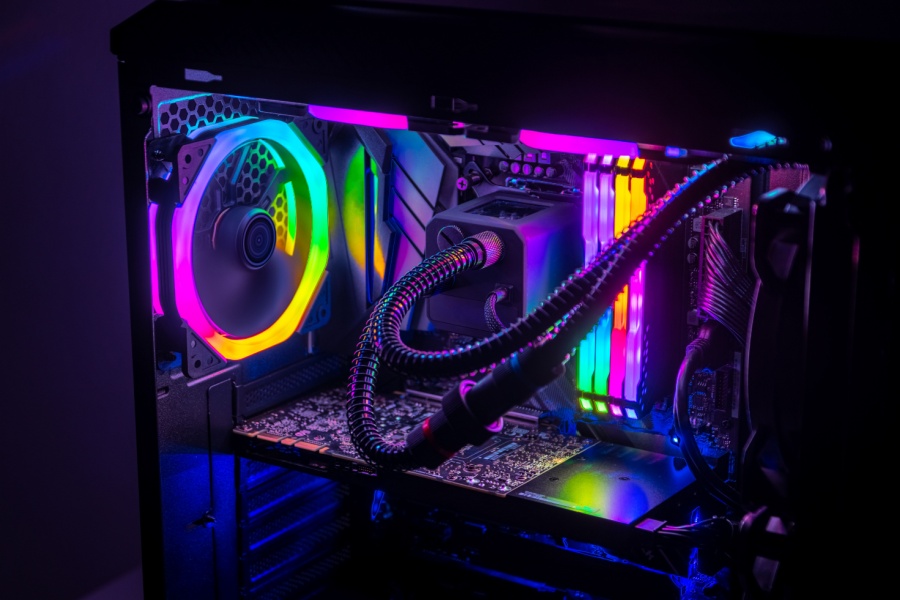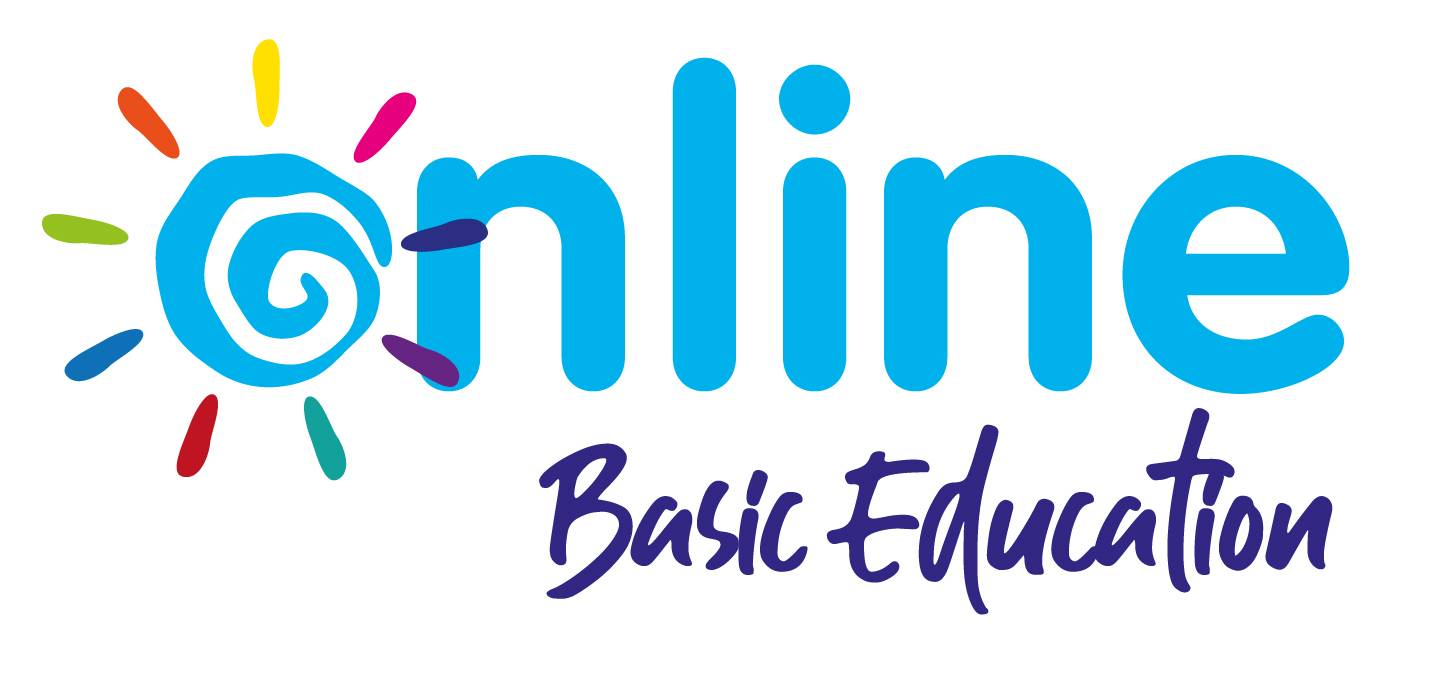With the development of technology worldwide and the increasing prevalence of cyber threats, pursuing a career in Cybersecurity is in demand. So, to prepare for success in this profession, learning the cybersecurity essentials for SHS STEM strand students can guide you with your studies.
As a Senior High School student, you are uniquely positioned to become a valuable asset in safeguarding the digital world from cyberattacks. To help you, this article teaches you the fundamental tips needed as you go through the cybersecurity SHS program at your online senior high school in the Philippines.
So, What is Cybersecurity?
When imagining a career in cybersecurity, it goes beyond what you see in movies with a stereotypical hacker hunched over a keyboard—coding their days away. While there may be some truth to that, in reality, cybersecurity is so much more; it encompasses the practices, technologies, and processes designed to protect digital systems and data from a multitude of threats.
Cybersecurity involves preventing unauthorized access, ensuring data confidentiality and integrity, and mitigating risks posed by cyberattacks. So, as an SHS STEM student, you must grasp the significance of cybersecurity in today’s digital landscape and recognize your role in safeguarding digital assets.

The Role of the STEM Strand
In the Philippines, the Science, Technology, Engineering, and Mathematics (STEM) strand is one of the specialized academic tracks offered to Senior High School students. It’s designed to provide a comprehensive education focused on technical disciplines, and aims to equip students with the knowledge, skills, and competencies necessary to pursue further studies or careers in STEM-related fields.
Choosing STEM vs. Non-STEM strands for Cybersecurity is the ideal choice for SHS students. Since cybersecurity is closely related to engineering and computer science, the classes taught in the STEM curriculum tackle the basic principles of the field.
To give you more insights into the program, here are some of the classes that OEd SHS offers for STEM students:
- General Mathematics
- Empowerment Technologies
- Calculus
- Statistics and Probability
- Physics
- Research
Of course, the STEM strand also tackles general subjects like English, Communication, and Media Literacy. However, these listed topics are why you should choose the STEM strand as the foundation of a career in cybersecurity. This academic track offers you the skills needed in a technical career.
The Cybersecurity Essentials for an SHS STEM Strand Student
A career in cybersecurity demands a certain set of skills you need to practice in order to thrive. Here’s a breakdown of the cybersecurity essentials for STEM strand students:

1. Computer Hardware and Software
Understanding the physical components of computers and their operating systems (Windows, Linux, macOS) is a necessary basic skill. This knowledge allows you to grasp how systems function and identify potential security vulnerabilities—whether it’s hardware or software.
Taking the SHS strand for Computer Science can prove to be beneficial to practice these skills.
2. Networking Fundamentals
Understanding different network concepts like protocols (TCP/IP), network topologies, and firewalls is a crucial part of cybersecurity. Learning these concepts enables you to protect networks from unauthorized access and ensure smooth data flow between systems.
3. Programming Proficiency
While not every role needs coding, familiarity with languages like Python, Java, or scripting languages can be a significant advantage. After all, programming allows you to create automations for tasks, data analysis, and security script development.

4. Cryptography
Using coding for encrypted communication is critical in cybersecurity. Knowing how to write cryptographic algorithms teaches you how to safeguard sensitive data and ensure secure communication channels.
To specialize in cryptography, studying under the SHS strand for Software Engineering is the ideal program.
5. Critical Thinking and Problem-Solving
Cybersecurity professionals typically face complex situations on a day-to-day basis and need to analyze issues, identify vulnerabilities, and develop effective solutions. So, it’s important to hone your critical thinking skills through digital “Capture the Flag” competitions or personal projects.
6. Communication
In the tech industry, collaboration and clear communication are essential. Since cybersecurity is very complex, you need to know how to explain technical concepts to non-technical audiences and work effectively within a team environment.
7. Analytical Skills
The ability to read and understand large datasets, identify patterns, and draw conclusions is vital for identifying threats and investigating security incidents. Since hackers, scammers, and fraudsters are prevalent, learning their tactics through data analytics is a critical skill.

8. Attention to Detail
Cybersecurity professionals need a keen eye for detail to detect suspicious activity or potential vulnerabilities in complex systems. Since coding (or understanding codes) is part of the job, you must learn to go through the nitty-gritty of programs and understand their potential weaknesses.
9. Adaptability
With technology constantly evolving, it’s only natural that so too does cybersecurity. Therefore, your ability to learn new skills and adapt to emerging threats is vital for your career’s long-term success.
10. Ethical Hacking Mindset
Understanding how attackers think allows you to develop better defense strategies. Explore different resources on ethical hacking methodologies to gain valuable insight into how fraudulent minds work.
By cultivating this combination of technical expertise and strong soft skills, you can position yourself for a successful and rewarding career in cybersecurity. Keeping these practices in mind is part of the cybersecurity essentials for STEM strand students, leading to a fruitful career in tech.

Jobs in Cybersecurity
Pursuing a career in cybersecurity can lead to various specializations. A few career opportunities to expect in the STEM strand are:
- Security Analyst: As a security analyst, you’re in charge of monitoring network activity, identifying security threats, analyzing security logs, and implementing security measures to protect systems and data.
- Ethical Hacker (Penetration Tester): Knowing how hackers think is an important part of data breach prevention. So, as an Ethical Hacker, you legally attempt to break into systems to identify their vulnerabilities and improve security posture. This role requires a deep understanding of hacking techniques and strong problem-solving skills.
- Malware Analyst: Part of cybersecurity is to investigate malware to understand its capabilities, analyze its impact, and develop mitigation strategies. This role requires your expertise in malware analysis tools and reverse engineering techniques.
- Security Engineer: As an engineer, you implement and maintain security systems to protect networks, applications, and data. This role often involves working with firewalls, intrusion detection systems, and other security technologies.
- Cryptographer: A career in cryptography entails developing or deciphering encrypted software and applications to ensure data security. This specialized role requires you to have advanced knowledge of cryptography and mathematical concepts.
- Network Security Specialist: Network security focuses on keeping computer networks safe and ensuring their availability, integrity, and confidentiality. This role requires you to know network security protocols and intrusion detection or prevention systems.
- Security Software Developer: As a developer, you create security software applications like firewalls, intrusion detection systems, and security information and event management (SIEM) tools. This role requires you to have programming skills and a deep understanding of cybersecurity principles.
The specific career path you choose will depend on your interests, skillset, and chosen area of specialization within cybersecurity. While the STEM strand provides a solid foundation for pursuing any of these opportunities, further education may be necessary for more in-depth knowledge of these fields.
Pursuing Cybersecurity with OEd Senior High School
A rewarding career in Cybersecurity begins by equipping yourself with the essential skills as early as senior high. And as a premier online learning institution in the Philippines, OEd Senior High School’s STEM strand can provide you with the strong foundation needed by cybersecurity professionals.
Explore the exciting field of cybersecurity today! With OEd SHS, you’ll be well on your way to becoming a valuable asset in the digital world.
Contact us today to learn more about our cybersecurity programs!








